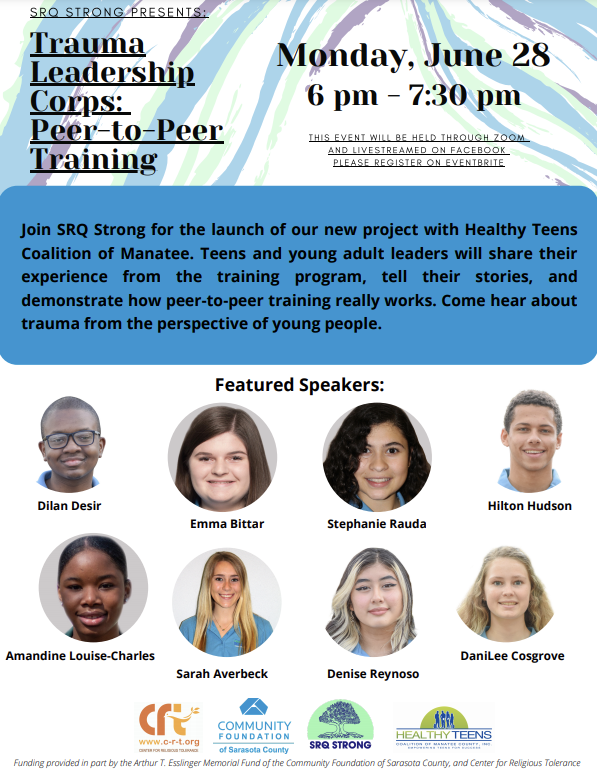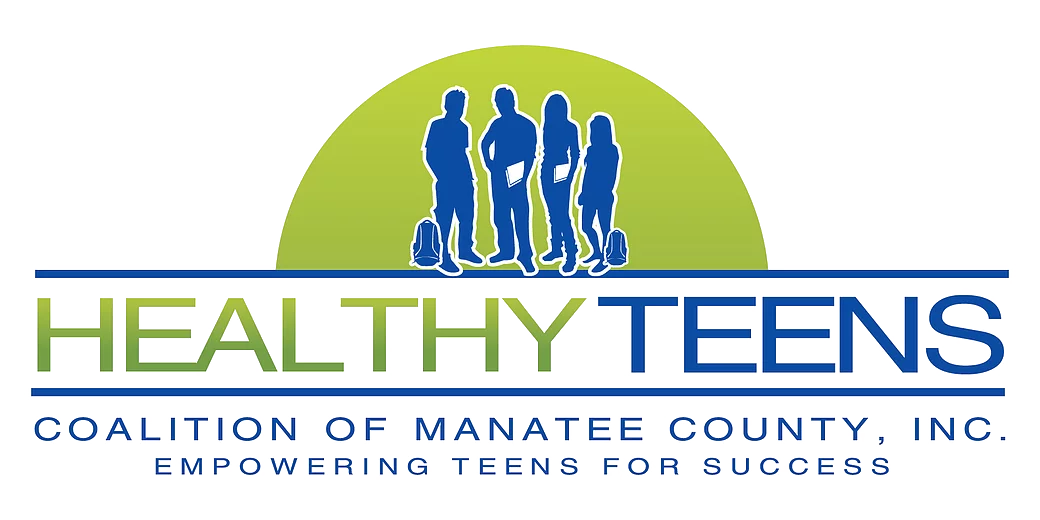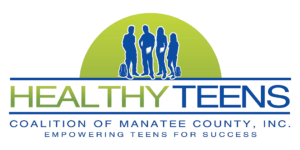Amandine Louis-Charles, Young Adult Leader
The training began with a brief description of neuroscience and how trauma impacts the brain. We learned about the ways that trauma can affect the development of certain parts of the brain including the prefrontal cortex, which eventually affects our daily behaviors and how we react to stress and traumatic experiences.
As an introduction to the effects of traumatic experiences from a young age, we took the Adverse Childhood Experiences (ACES) Test. This test includes questions on traumatic experiences before the age of 18, such as household dysfunctions (mental illness, divorce, substance abuse, etc.), physical and emotional neglect, and different types of abuse. Within that same topic, we also made connections between childhood experiences and our invisible backpacks, our past experiences affect the way we interact with our environments and our mental health.
A large majority of the training was based on traumatic experiences, coping mechanisms, and mental health. We also learned about self-care, approaching this topic by creating two plans. A safety plan, which is a set of daily practices to incorporate in our lives to take care of our mental health, and an emergency plan, which is a set of activities or things we can rely on when an unexpected event triggers a memory of trauma or affects us in a negative way. Another crucial aspect of this training is addressing community and organizational trauma, which tends to have a larger impact because one traumatic event affects everyone in different ways. Hence, having a Trauma Leadership Corps in our community is crucial to ensure that organizations are trauma-informed to provide better support for their members.


